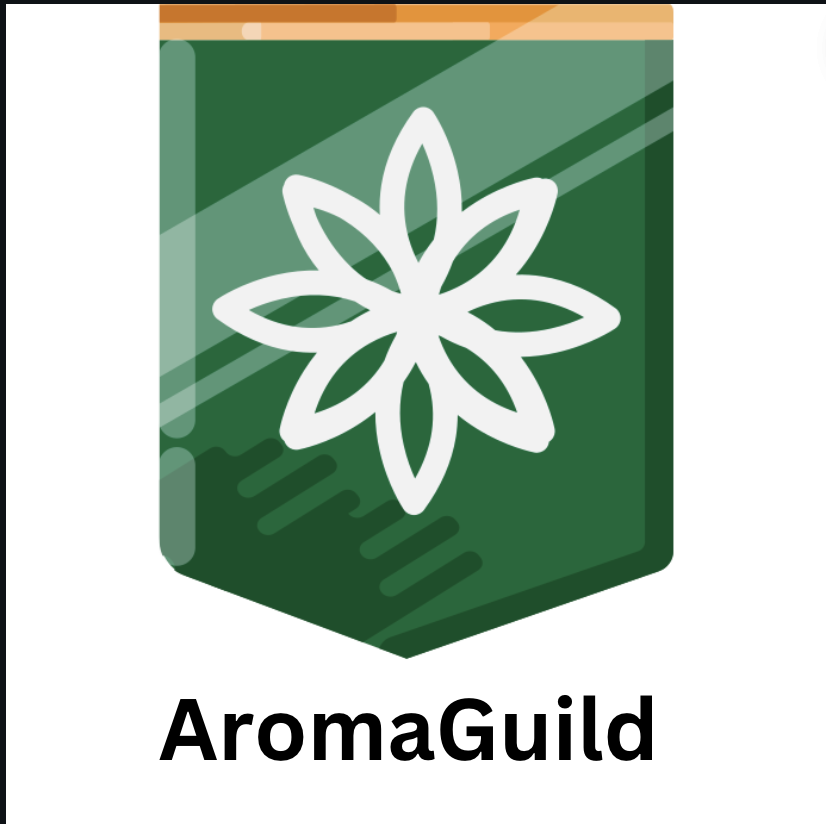1. A Doorway to Stress Reduction and Relaxation
The capacity of a bathtub to provide profound relaxation is among its most noteworthy advantages. The warm water promotes calmness, lowers anxiety, and soothes the nervous system. A bath can help relieve tense muscles and promote mental clarity after a long, exhausting day. It serves as a kind of private haven inside the house where people may detach from outside pressures. To further enhance the experience, many individuals also include soothing components like candles, aromatic bath oils, or relaxing music.
2. Advantages for Physical Health
There are several health benefits of taking a warm bath. It enhances blood circulation, to start. Blood arteries widen as a result of the heat, improving blood flow throughout the body. Those with chronic pain issues or weak circulation may find this very helpful. Warm baths also aid in reducing muscular pain and joint stiffness, which is beneficial for athletes and those with arthritis. For mild injuries or post-operative treatment, physicians may occasionally suggest warm water therapy.
Soaking in bathtubs is a common part of hydrotherapy, which uses water to cure and relieve discomfort. It can help with flexibility and inflammation reduction. Because water is buoyant, it eases joint strain and permits moderate movement, which makes bathtubs a great choice for low-impact rehabilitation activities.
3. Better Quality Sleep
Better sleep can result from taking a bath before bed. In order to get ready for sleep, the body naturally lowers its temperature at night. Your body temperature momentarily rises after a warm bath, and it quickly drops as you leave the house, simulating the body’s natural cooling process. This change aids in triggering sleep signals in the brain. According to studies, taking a warm bath 60 to 90 minutes before bed can help people fall asleep more quickly and have better quality sleep.
4. Detoxification and Skin Care
Warm baths can promote sweating and open up pores, which aids in the removal of pollutants and poisons from the skin. To increase the moisturizing and purifying benefits of their baths, many individuals add milk, bath salts, or aromatic oils. While scents like lavender and chamomile provide calming effects, ingredients like Epsom salts can aid in skin exfoliation and inflammation reduction. When opposed to short showers that frequently overlook this kind of attention, regular baths may leave the skin feeling nourished, clean, and soft.
5. Self-Care and Mental Wellness
Bathing is an act of self-care that goes beyond simply washing the body. The brain is told that you are making an investment in your own health when you schedule time for a bath. It may turn into a thoughtful routine that allows you to take some time to relax, think, or just enjoy being by yourself. This practice promotes a balanced lifestyle, lessens feelings of fatigue, and improves emotional wellness.
Bath time is a common time for individuals to detach from technology and re-establish a connection with oneself. In a hectic life, a bathtub may become a private haven for reading, meditation, or just relaxing in peace.
6. Enhances the Beauty and Value of Your House
Installing a bathtub enhances your home’s visual appeal and monetary worth in addition to its personal advantages. Vintage clawfoot tubs, Jacuzzi-style tubs, or freestanding tubs may significantly improve a bathroom’s look and create a spa-like atmosphere. A well-designed bathroom with a bathtub may raise the appeal and market value of a home for homeowners who intend to sell.
Conclusion, investing in well-being is timeless
Bathtubs give a complete experience that benefits the body, mind, and spirit in addition to providing a place to bathe. The advantages of having and utilizing a bathtub are numerous, ranging from stress reduction and better sleep to enhanced physical health and skincare. Having a place that promotes rest and self-care is crucial in a society that demands our time and attention all the time. In the end, purchasing a bathtub is an investment in your health and standard of living.
